News
-
 Genetics
Genetics‘Three-parent babies’ explained
Several in vitro techniques can produce babies with three biological parents.
-
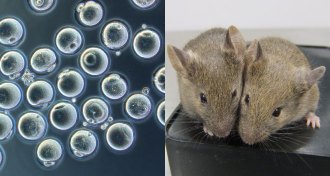 Life
LifeIn a first, mouse eggs grown from skin cells
Stem cells grown in ovary-mimicking conditions in a lab dish can make healthy mouse offspring, but technique still needs work.
-
 Neuroscience
NeuroscienceOut-of-sync body clock causes more woes than sleepiness
The ailment, called circadian-time sickness, can be described with Bayesian math, scientists propose.
-
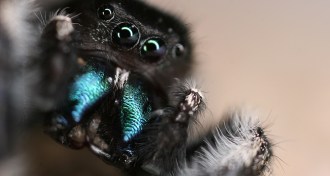 Animals
AnimalsBe careful what you say around jumping spiders
Sensitive leg hairs may let jumping spiders hear sounds through the air at much greater distances than researchers imagined.
By Susan Milius -
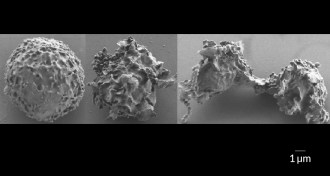 Life
LifePlacenta protectors no match for toxic Strep B pigment
Strep B uses a toxic pigment made of fat to kill immune system cells, spurring preterm labor and dangerous infections, a monkey study shows.
-
 Psychology
PsychologyErasing stigma needed in mental health care
Social forces drive those in need away from mental health care.
By Bruce Bower -
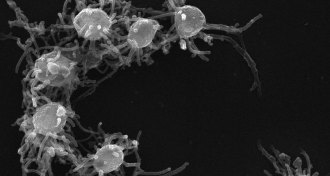 Life
LifeOne-celled life possessed tools for going multicellular
Unicellular ancestors of animals had molecular tools used by multicellular life.
-
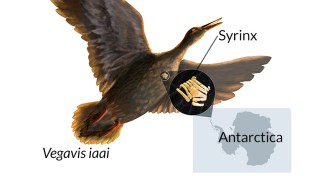 Paleontology
PaleontologyBirds’ honks filled Late Cretaceous air
Oldest avian voice box fossil yet discovered belonged to a ducklike bird that lived during the age of the dinosaurs.
By Meghan Rosen -
 Neuroscience
NeuroscienceNerve cell migration after birth may explain infant brain’s flexibility
A large group of neurons migrates into babies’ frontal lobes after birth.
-
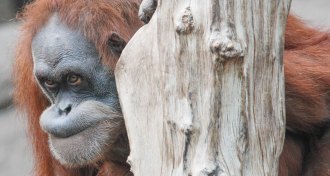 Psychology
PsychologyChimps, other apes take mind reading to humanlike level
In a first, apes show that they understand when others hold false beliefs.
By Bruce Bower -
 Earth
EarthSeismologists surprised by deep California quakes
Small earthquakes detected along the Newport-Inglewood Fault originate from deeper underground than once thought possible.
-
 Chemistry
ChemistryMolecules for making nanomachines snare chemistry Nobel
Nanochemists win Nobel prize for devising molecular machines
By Tina Hesman Saey and Thomas Sumner